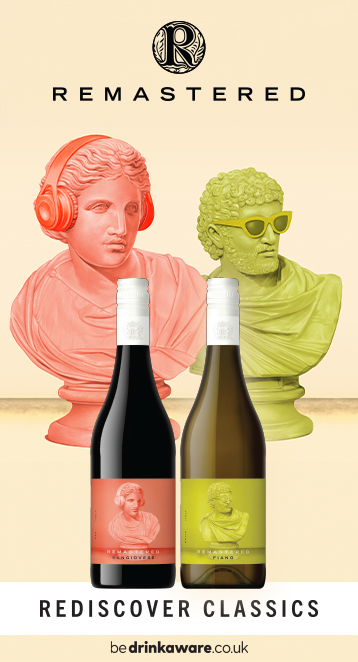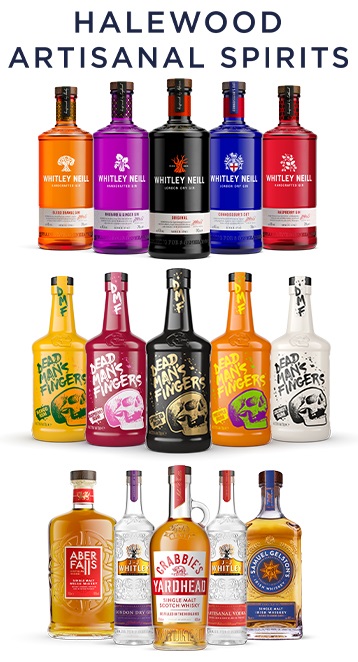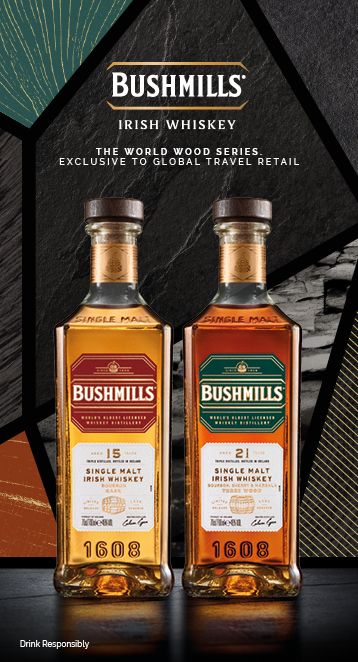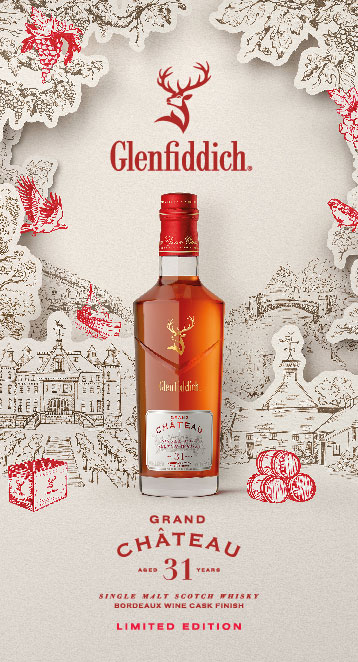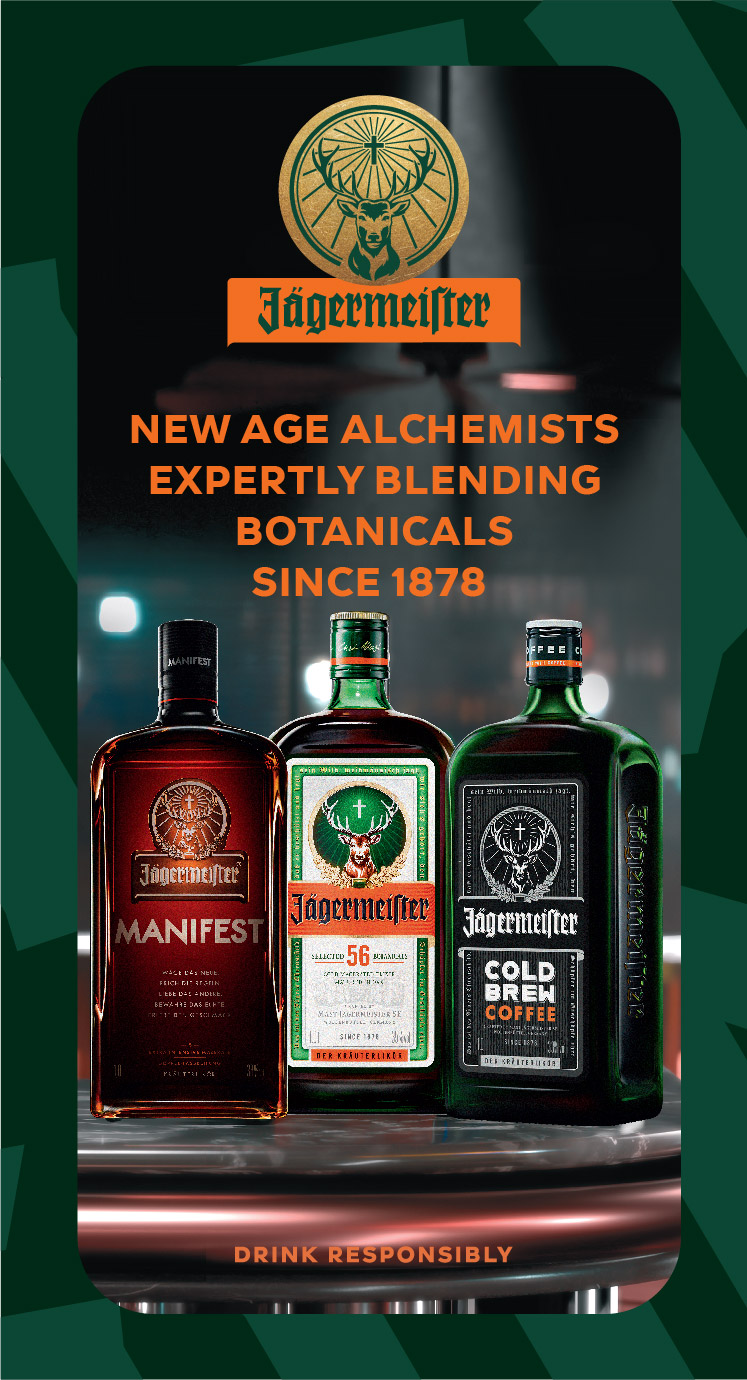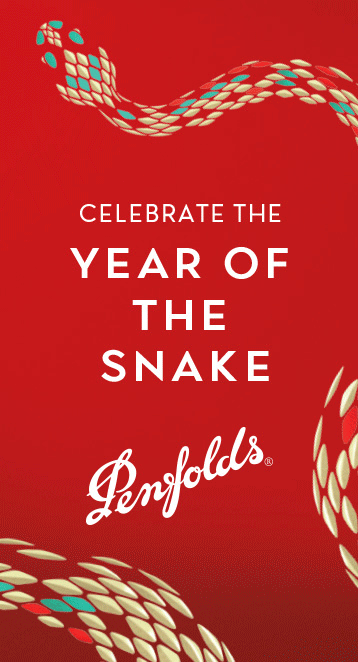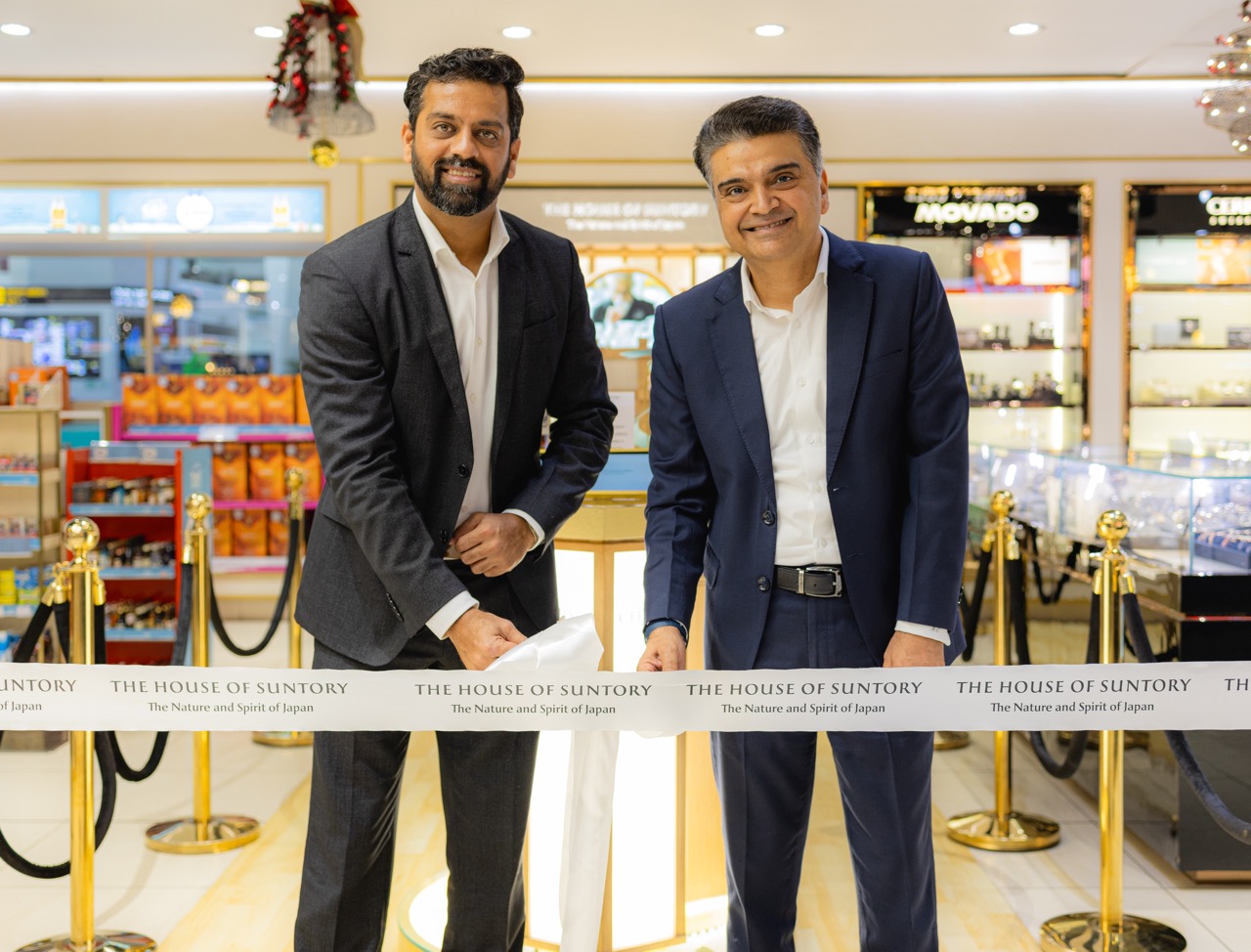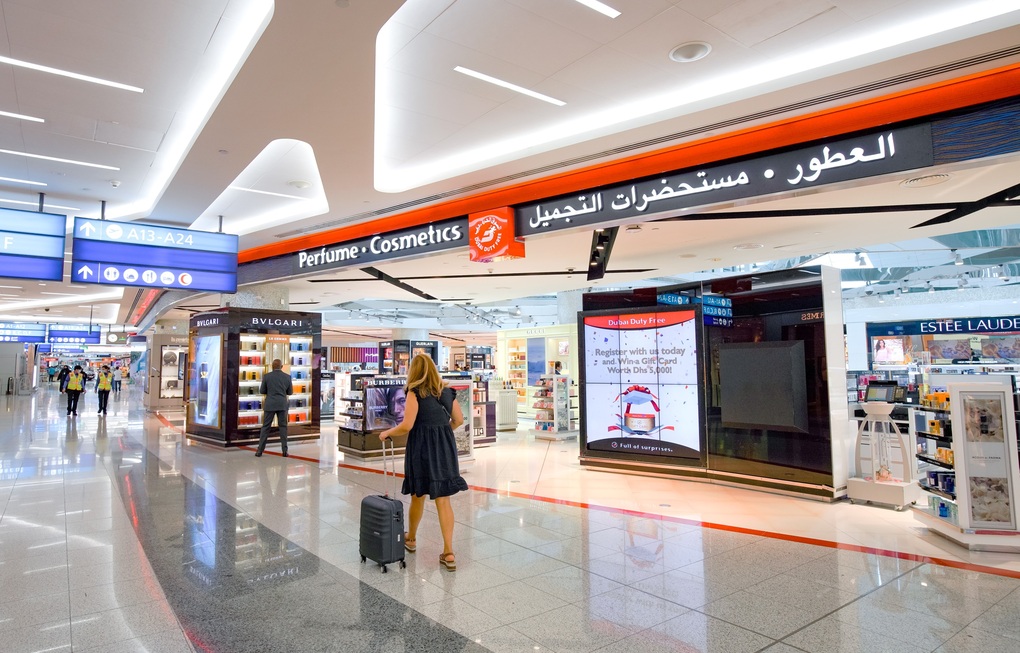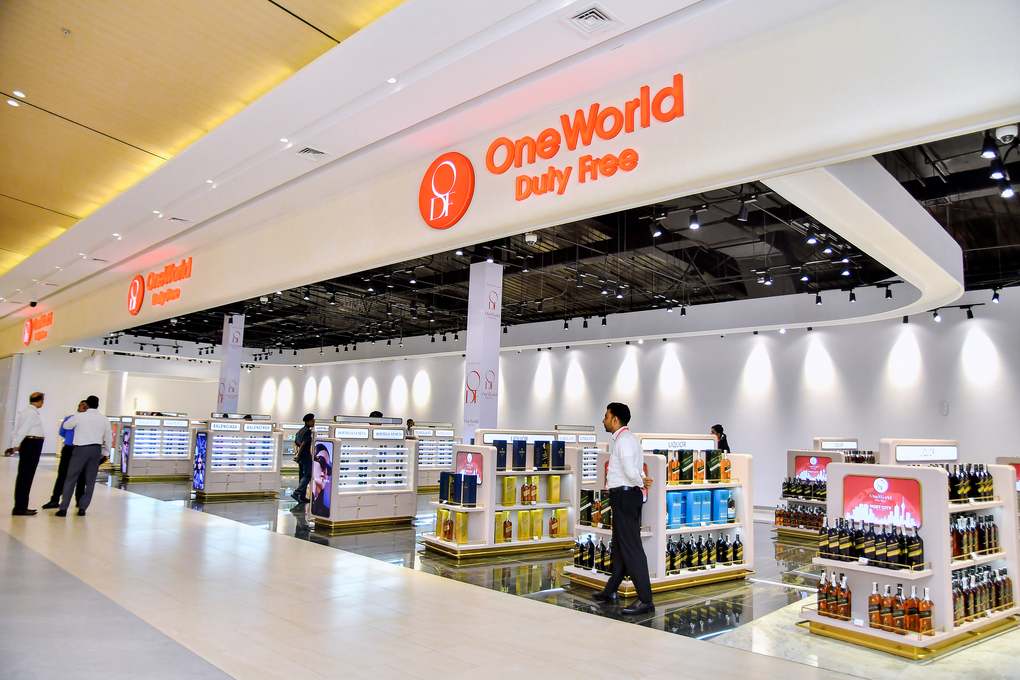
Publisher’s introduction: In October 2017, Bacardi Limited, the world’s largest privately held spirits company, named 20-year Bacardi veteran Mahesh Madhavan as CEO to replace Michael Dolan.
In many ways the unassuming Madhavan was the perfect fit for a business that increasingly prides itself on its geographic reach, particularly in emerging markets. Liked and respected in equal measure throughout the business, he had held leadership roles in several various fast-growing emerging markets including India, Thailand and the Philippines, and as Managing Director of South Asia and Southeast Asia.
Such experience has also ensured that he has an intimate understanding of the travel retail sector, a channel he feels offers strong growth and showcase opportunities.
Madhavan sat down during October’s TFWA World Exhibition with Martin Moodie to discuss a range of subjects including the integration of Patrón Spirits International, the critical roles of innovation and travel retail, and his own fascinating leadership philosophy. They were joined by Mike Birch (just promoted in December to Vice President Digital Commerce and Global Travel Retail) and Maurice Doyle, President – Incubation Brands and Global Commercial Development, for a candid and compelling joint interview.
Martin Moodie: Mike, let’s start with you. Which issues are top of mind for Bacardi Global Travel Retail?
Mike Birch: Besides the Patrón integration, which we’ll talk about in a moment, we are investing significantly, in fact, disproportionately more, each year in travel retail. That’s really beginning to show in the quality and quantity of our activations. And that’s a key signal to our customers – to say that Bacardi believes in this channel and will keep working to service your needs.
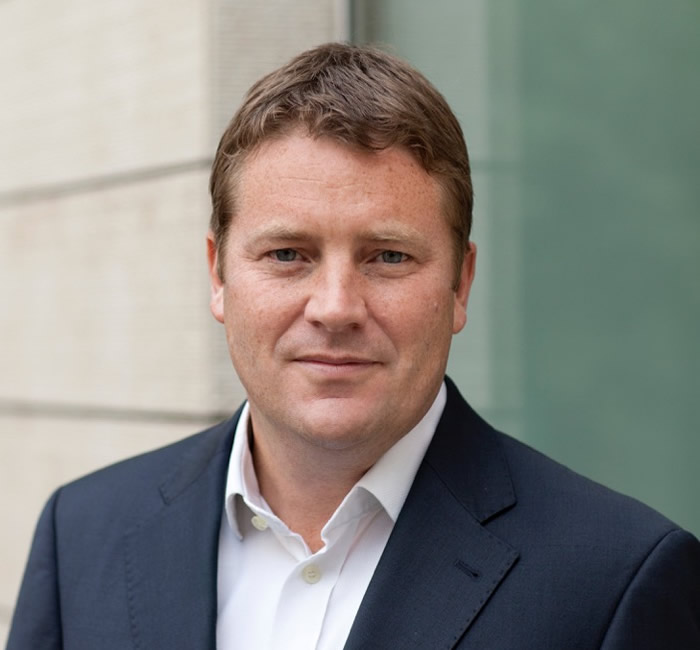
The third area is understanding what’s going to make this channel successful in the future. It’s not going to be about competing on price. Price has to be competitive. But it’s more about making sure that we show distinct differentiation from the High Street, both in terms of entertainment and engagement when people are in the store and also the range and differentiation of products we offer – with exclusives and limited editions that consumers can’t get (or can’t get very readily) on the High Street.
We’re very proud of where we have got to with our portfolio. You probably remember it from about five years ago, where it was a few isolated products. We’ve now got a huge whisky business and a really exciting incubation business. We’ve got core brands like Bacardi, Grey Goose and Bombay, all brand leaders, and with Patrón we’ve got another great one to complete the portfolio for the international traveller.
If we roll the clock back a little further, historically the group was so dominated by Bacardi in the channel, which was not the brand’s main playground, as it were. Whereas today, travel retail seems to enjoy a much-elevated internal focus.
Mike Birch: That’s right. Before Mahesh was CEO and was Regional President of AMEA [Asia, Middle East & Africa], he would often ask me, “Mike, why aren’t you spending more?”, which was always an unusual conversation to be having! And so, it’s great for Mahesh to be really living up to those words and giving us increased investment to take everything to the next level.
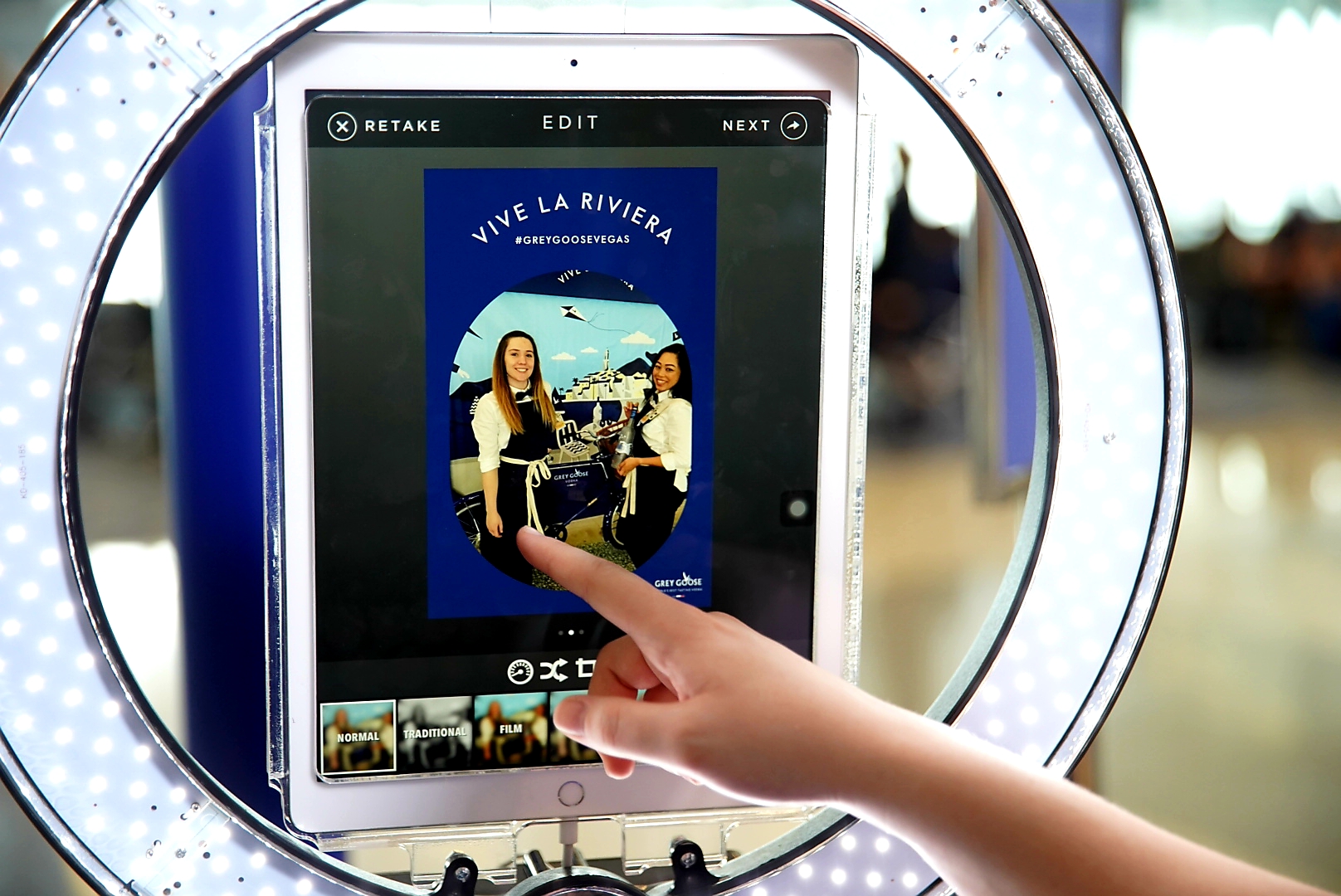
Mahesh, as your portfolio has transformed, and with it your commitment to travel retail, tell us about the role the channel plays – not just in value and volume terms but as a showcase.
Mahesh Madhavan: The one conversation I have always had with Mike and Maurice is that you want this channel to be a show window for consumers. As a consumer, you want to see products that you normally wouldn’t see in your favorite liquor store. You want to buy brands for your home bar that you normally wouldn’t see when you go grocery shopping or when you go and buy your favorite bottle someplace. You want to make it that special occasion for when you have friends come over – to be able to uncork something special. Something you can only get in travel retail.
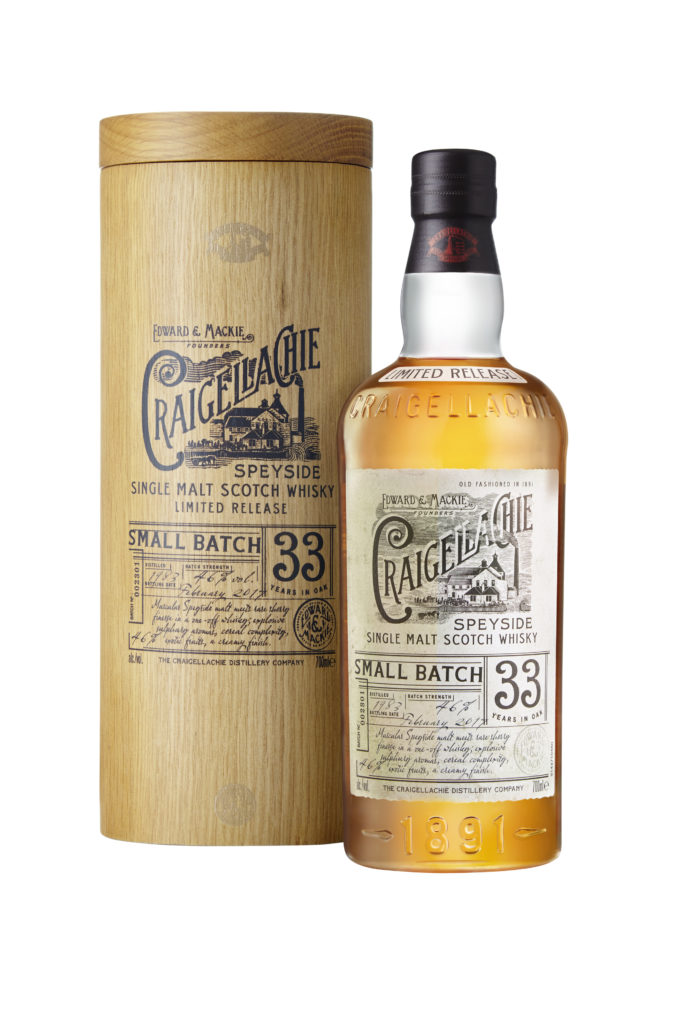
And that’s the piece that all of us are working on. Saying, how do we provide those unique opportunities for our brands to showcase limited editions? Or special editions which are available only at a given time? I always keep pushing the team to drive innovation more, within the brands that we have, while making it very exclusive to the channel.
Mike Birch: A really good example is in whisky, where we’ve been innovating considerably. We’ve had over ten limited-edition exclusives for different retailers. And the message I’m getting from Mahesh and Maurice is, that’s not enough.
So, you know, it’s fantastic – we’re delivering at the level the retailers are asking for, and they should be expecting a lot more from us in the future.
Which, of course, dovetails with many retailers’ agendas, because they’re under fire on several fronts. The traditional price-driven proposition has been eroded, and it’s not really the game they want to play anyway. And what better way is there to differentiate themselves from your Alibabas and your Amazons and your local market or online discount liquor guys than by offering something that such rivals cannot?
Maurice Doyle: Consumers want meaningful differentiation. They want something that is different and that they can be proud of. And that’s increasingly what Mike and his team are offering.

You’re doing a lot in single malt whisky, in particular, where you weren’t really a significant player as recently as when you came onboard Mike [May 2012]. I remember you showing me the first roll-out of some esoteric lines.
Mike Birch: That’s true. Aberfeldy is now the fifth-biggest malt whisky in Asia Pacific GTR and the fastest-growing malt within the top 15 for the last five years with a +36% CAGR over that period. It’s bigger than many household names that have been around for many years. So it’s moving from being a discovery malt into a mainstream malt. And, yes, we’re going to keep investing behind that. You’ll see Aberfeldy and the other malts step out of the Dewar’s Emporium that’s been so successful for us and to start really bringing their own brand personalities to life.
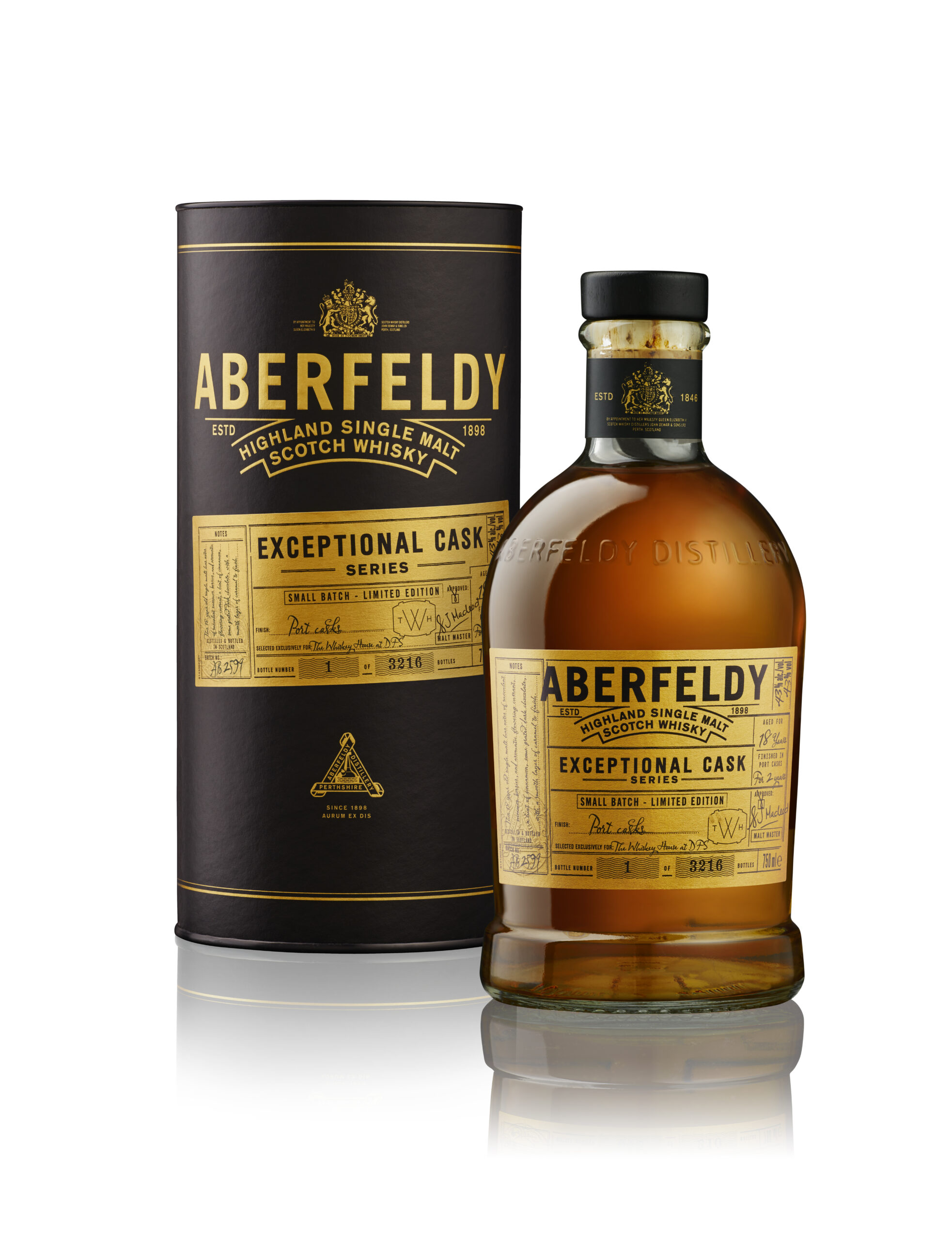
Maurice has got a great track record in this sector, and he’s challenging us in the right way. What we’re finding in whisky is that it’s quite a stuffy category. I think some of the competitors have got stuck in that sort of ‘old man mentality’.
Whereas our activations have got chickens and whiskey pong, tattoo parlours and vaporisers, and great staff. And they’re fun places to be. We’re making our whisky portfolio great fun as well as a great product. And, of course, all of our whiskies are always aged, so you don’t have any consumer confusion around what you are getting for your product. I think that’s a winning formula.
We’re seeing a lot of traction from craft spirits, notably in the white spirits category. It strikes me, though, that Scotch whisky is in a very different place, partly because it is actually craft by definition. If you take single malts such as Aberfeldy or Craigellachie, they are craft spirits aren’t they in the purest sense?
Mike Birch: They are totally craft.
And you can’t just craft a single-malt whiskey out of nowhere, by adding a flavour or a new dimension as you might be able to for, say, gin. So, again, with Scotch whisky, in terms of your opportunity to differentiate, to stay ahead of the pack, you don’t have to be defensive. And from what I’m hearing, you’re really going on the offensive.

Maurice Doyle: We are. We’ve got great stories to tell on our whisky and malt whisky brands and also in terms of all our premium blends. That’s one of the many improvements in terms of travel retail, from the days when I was there [Doyle set up and headed Bacardi Global Travel Retail as a stand-alone unit within Bacardi in 2006, leaving in July 2009. He rejoined the company in late November 2017.]
We actually have a malt whisky portfolio offering that is as good as anybody else’s. We’re only just beginning to tell the individual stories on our brands. We’re going to be doing more and more of that.
Mahesh Madhavan: This is all very capital intensive. So, not many people have the ability or the capital or the appetite to do what we are doing. But as we have done it, then we will continue to do it.
Whereas, in the case of, say, gin, it’s very easy to craft something, even if it’s a small batch. Therefore, you start to see a proliferation of brands coming into gin… everyone wants a piece of the pie. So, they call themselves craft, they call themselves small batch, but are they really differentiated, or are they just taking a piece of the pie while things are going well?
“Our philosophy, as a company and as a team, has been let’s not talk about today, let’s talk about the next 100 years.” – Mahesh Madhavan
That’s something that we have deliberately stayed away from, especially with Bombay. Because it’s so easy to fall into that way of saying, ‘Okay, let me have a pink gin, let me have a purple gin, let me have a blue gin.’ But we’ve seen this in the past and I’m sure you’ve seen it too. It tends to be a fad, it goes up and it comes down equally fast.
Whereas, we are in this whole space of building premium brands for the long term. Our philosophy, as a company and as a team, has been let’s not talk about today, let’s talk about the next 100 years. And what is it that we want to do, as leaders, to leave a legacy? Not only for this company and for the brands, but for the people and for the [Bacardi] family.
So, it’s about choosing very wisely what you want to get done for the brand. Determining the impact of your decision over the long-term. And if the decision is going to be hurting the brand or the company or the people in any way, let’s not do it.
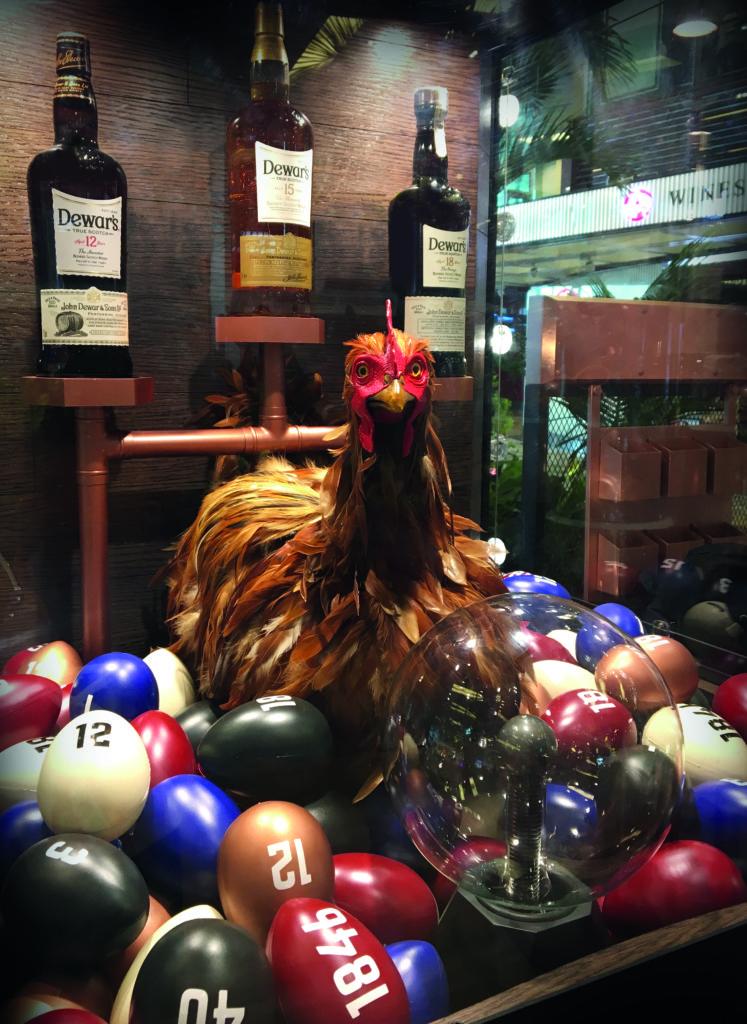
You’ve taken stakes in some interesting brands. I saw you quoted Mahesh talking about “jewels in the making”. Any jewels that we will see in travel retail?
Mahesh Madhavan: Maurice is looking after this area. We call them incubation brands. They include brands such as St-Germain, Santa Teresa, Teeling Irish Whiskey, Facundo Rum Collection – there’s lots there.
Maurice Doyle: Incubation was designed to keep these small jewels focused and allow them to grow in the right way. We’re not looking to grow them, say, for fiscal year 2020… we’re looking to grow them over ten years, over 100 years. It’s like putting in the foundations, rock-solid foundations, to allow them to grow.
We have some amazing brands there, and Mahesh mentioned some of them. Santa Teresa, a Venezuelan rum, Teeling Irish whiskey – these are incredibly crafted products. You can tell how good they are from tasting them but they’ve also got amazing stories.
Brands like St-Germain and Oxley – a cold-distilled gin, a real pioneer. So, while we are doing a huge amount of work on our core brands, we are also going to polish these jewels and allow them to grow in the right way.
It’s very exciting and I think travel retail will play an important part because it can be a shop window for our incubation brands. I’m working very closely with Mike on that.
Patrón may not quite have come out of left field, but boy, it came fast. Obviously prior to the full acquisition, you’d been involved with the brand as a group for some years and now you’ve got that brand and its parent company fully integrated. Two questions. One, how difficult is it to maintain that kind of momentum? And secondly, with such an acquisition how big a challenge is it to ensure you hold onto the values that made the brand succeed in the first place, while integrating it into a much bigger enterprise?
Mahesh Madhavan: When I look at Patrón, the growth that we are seeing is largely from the US and Mexico. The US is growing at 7-8 percent and Mexico at a similar level.
Outside of that, when you look at the overall tequila category, it’s very small outside of the US. And in the US, we see this trend continuing on the back of a lot of new players coming in, and they’re stimulating the whole category. So, as you get more players, there is more money to build the brands.

But the real opportunity for us is to see tequila growing outside of the US, in places such as Europe, Eastern Europe and Asia. That’s where we say, it’s not going to happen tomorrow, it’s probably not going to happen in the next 20 years, or maybe the next 50 years. But it will happen. And when it does happen, I definitely see Patrón being the brand taking a large share of that. ? And in travel retail Patron grew +15% year-on-year in 2017.
What’s made this brand unique is ensuring that it’s hand-crafted, with great attention to detail. There was a whole element of getting the team together and looking at them as a family. And those are aspects that we have been saying from day one, we will never touch.
And for exactly for that reason, from day one, we have told the teams in Mexico, where they produce the product, you guys are on your own. We will not have Bacardi’s big machete come down and tell you to bring efficiency in production. We can easily do that, but we don’t want to do it. We will make sure that the story continues, because that’s the reason the brand exists.
Second is marketing. One of the reasons that the brand has done so well over the last couple of years has been the marketing team. And so, to enhance that, we have actually given Grey Goose to that same team, to make sure that they elevate the Grey Goose experience in the same way they have with Patrón [In August Bacardi announced that Patrón Spirits Global Chief Marketing Officer (CMO) Lee Applbaum had taken on the added responsibility of CMO for Grey Goose.
We always say we are not in this for the short term. We are here for the long run. And we want to see this brand have a heritage of 200 years, 500 years, right? The only way you’ll do that is by making sure that you don’t have any shortcuts. And I always say this, not only to you, but to my team, that it’s not about the P&L or the profits for this year. It’s about what you’re going to leave for the next generation. I always say to the team, the next ten years is going to be the best ten.
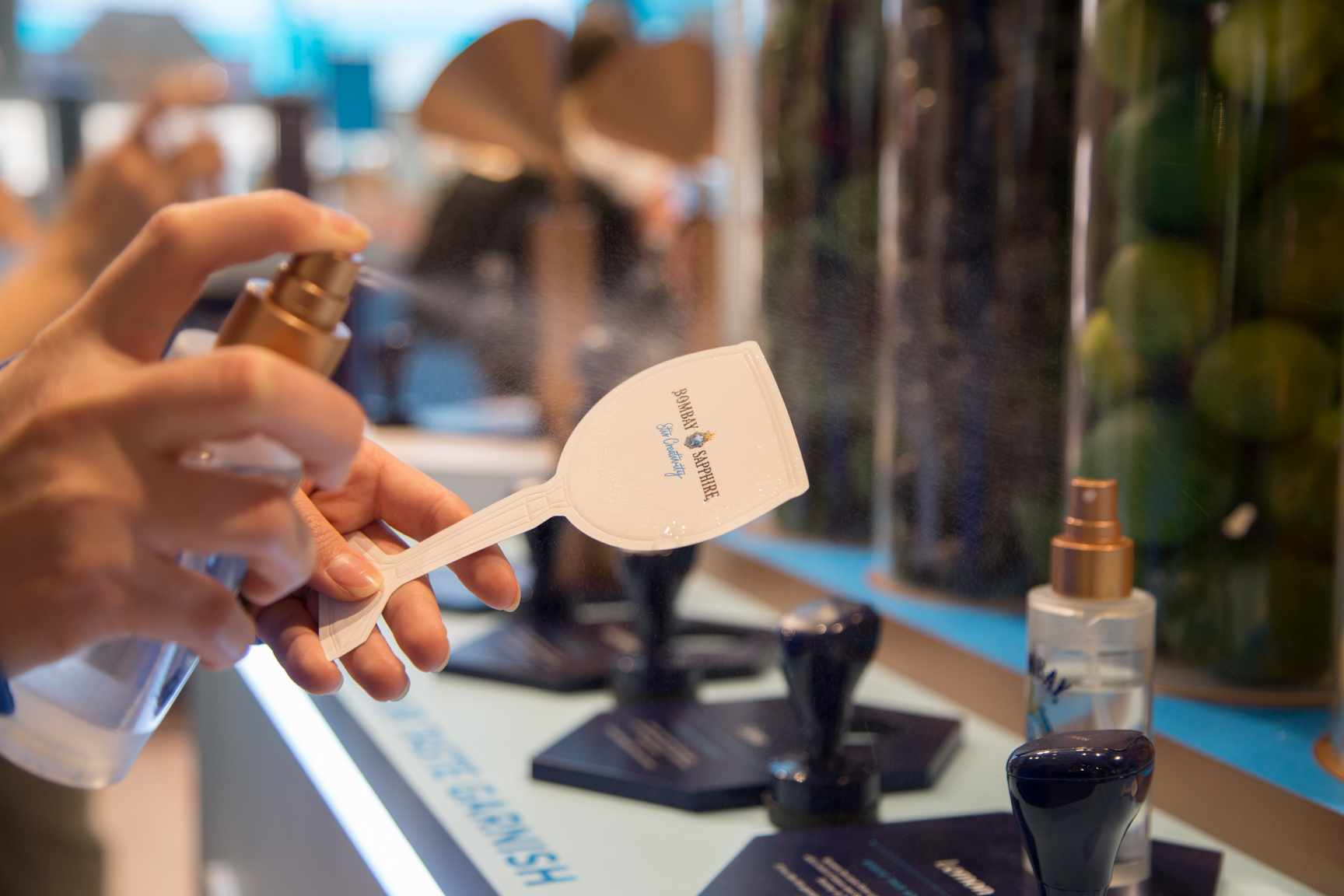
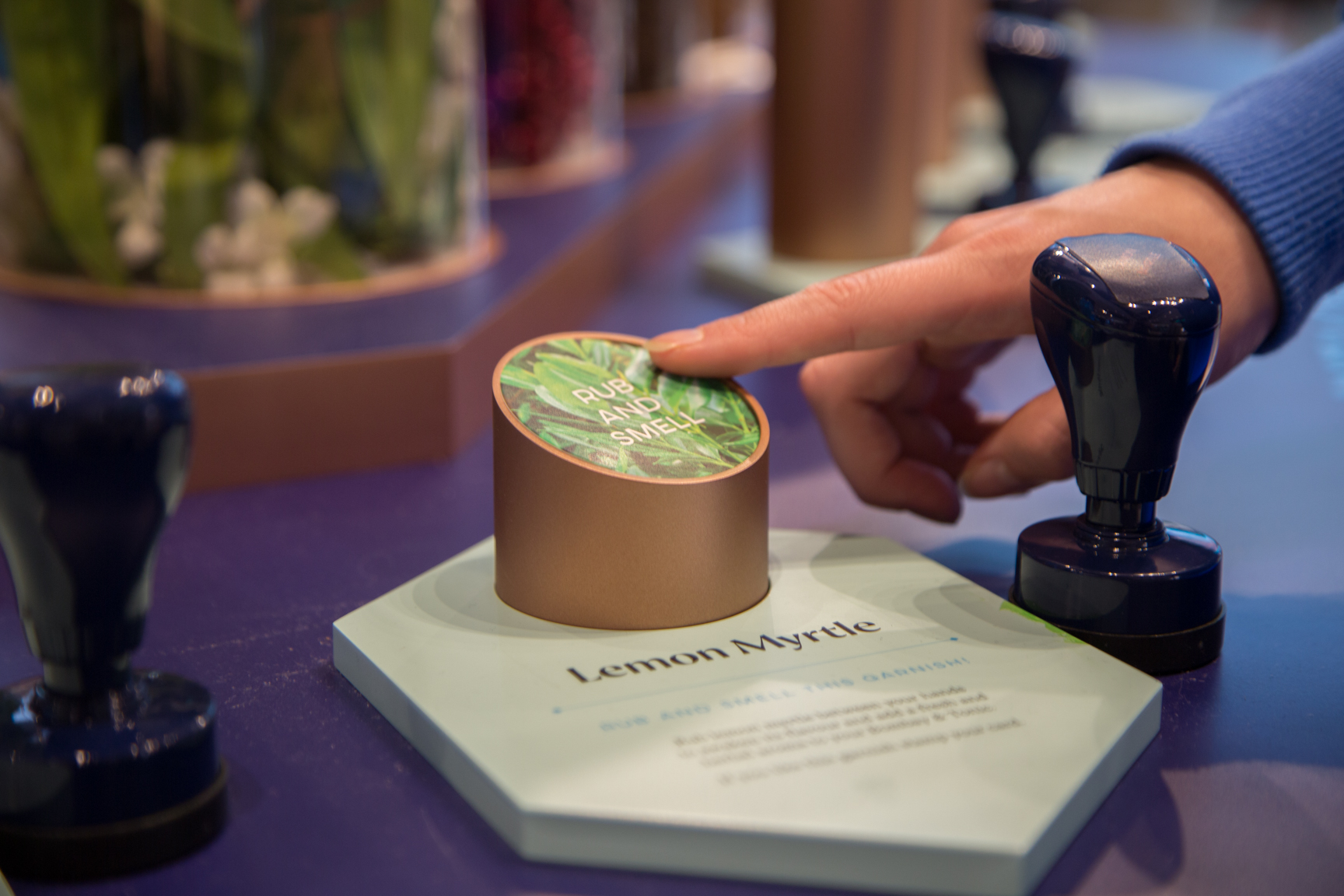
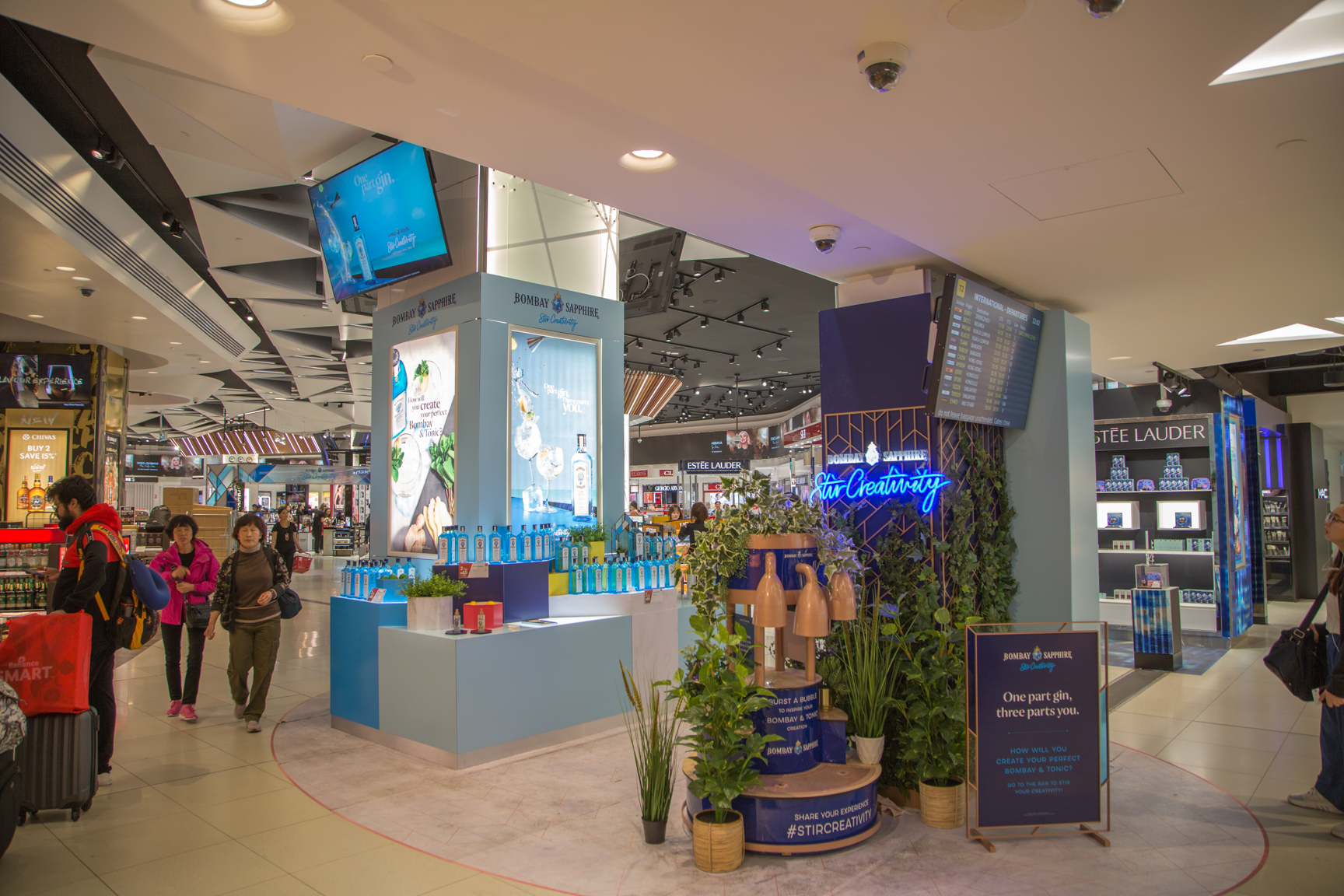
And the reason I say that is several-fold. One reason is that we desperately need stability as a company. We need that foundation of constant leadership. We need the foundation of brands standing for what they are, so that the consumer understands. So, he or she can say, I know what Patrón stands for, I understand what Bacardi stands for.
When you have frequent changes in leadership, then that percolates into brands, and then the consumer doesn’t know what the brand stands for. So that’s something that we are trying to change, and drive across the organisation.
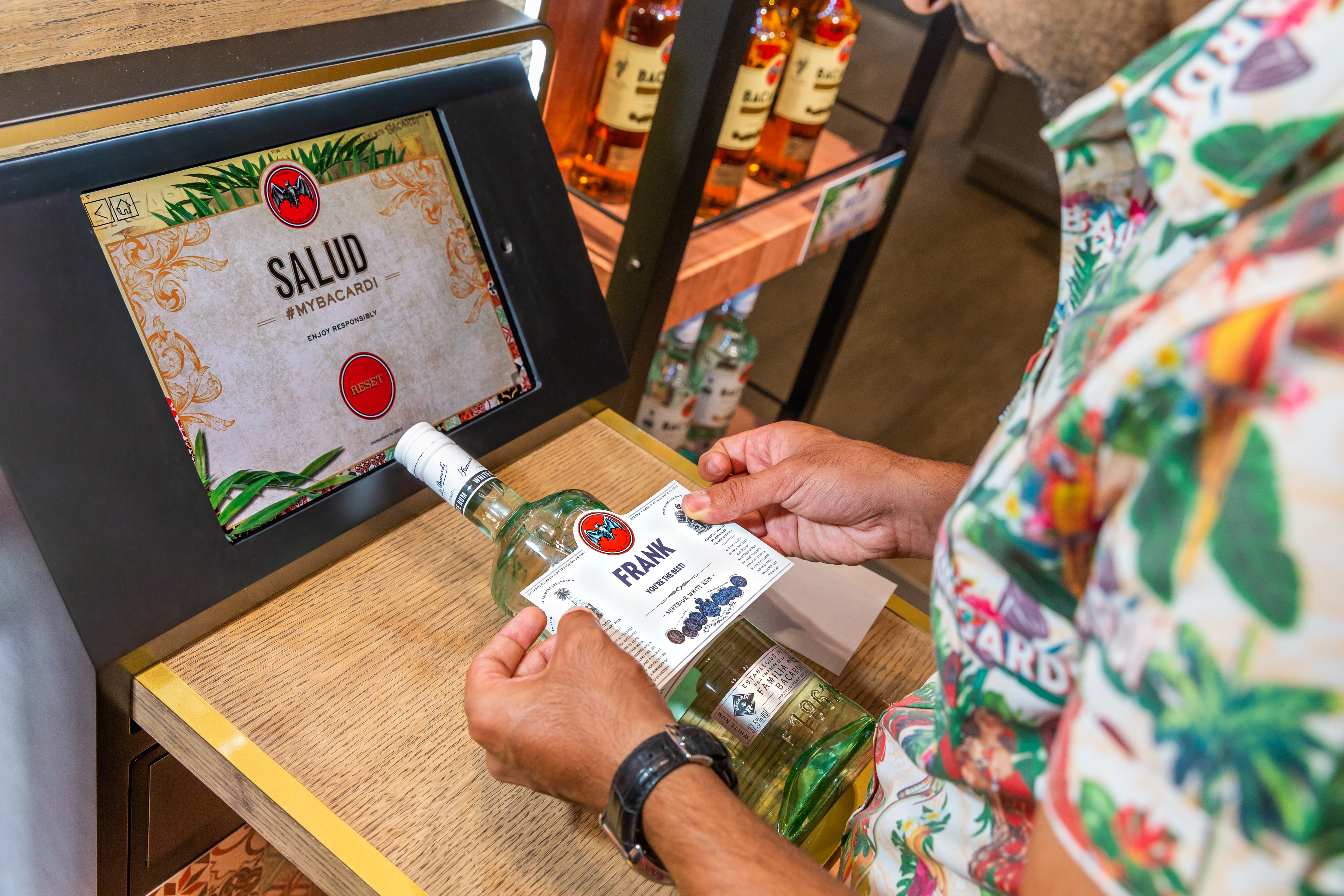
The one aspect that I keep talking about is legacy. When you leave legacy, what do you leave? You leave legacy of two things. Brands and people. I always state that my number one priority is people, not brands. Because if you don’t have the right guys taking care of the brands, your brands are not going to go anywhere.
If you have the best people, they will take care of your brands, and your brands will automatically be jewels. To drive this, the only thing that I’ve been doing over the last year is talk about culture. And in that whole aspect of culture, we have talked about the three Fs – Fearless, Family, Founders’ Mentality.
“When I say that the next ten is going to be the best ten, I promise to be here for ten.” – Mahesh Madhavan
It’s about getting Bacardi back to what it used to be. I’ve been in this company proudly for the last 21 years, and the only reason I stayed is that I loved the company. I loved the whole spirit of entrepreneurship, I loved the spirit of agility that we used to have, but we lost over the years. We’re wanting to bring it back.
We love the fact that we all grew up together. You know, Mike and I have known each other for the last 20 years. We know each other’s families. And that’s the spirit that we want to bring across to the company. It’s not rocket science. It’s about going back to the basics. It’s going back to what we were and getting Bacardi to really shine once again.
It’s a difficult question but why did you lose your way?
Mahesh Madhavan: I think we lost our way largely because of frequent changes of leadership. I’m the ninth CEO in 21 years. And that really tells the story. We don’t want to go down that road again. So, when I say that the next ten is going to be the best ten, I promise to be here for ten. And I keep telling the board and the family and my team that this is going to be a ten-year road.
It’s all about people, and that’s partly one of the reasons that Maurice has come back. I sincerely believe that our people are our biggest assets. I believe my job is to challenge my team and push them and get the best out of them. Push them to places where they feel uncomfortable, push them in places where they haven’t operated before. That’s how you really build a legacy of great people.
“I’m not someone who always aspired to be a CEO. I always did my job without really saying, ‘Oh, I want that next job.’ Never did that. So, when this came in a year back, frankly, I was shocked.” – Mahesh Madhavan
Let’s go back to travel retail. What’s giving you the confidence to invest at the levels you are? Travel numbers are going to double by 2030. Is it that kind of traffic statistic that is driving your optimism? Or is it more?
Mike Birch: Really, it’s about the shop window for brands. It’s about us being able to build equity with consumers as they travel. Our ambition is more about how we drive active advocates for our brands when they go back home to their domestic markets. We have KPIs, but that is the overriding objective for our channel.
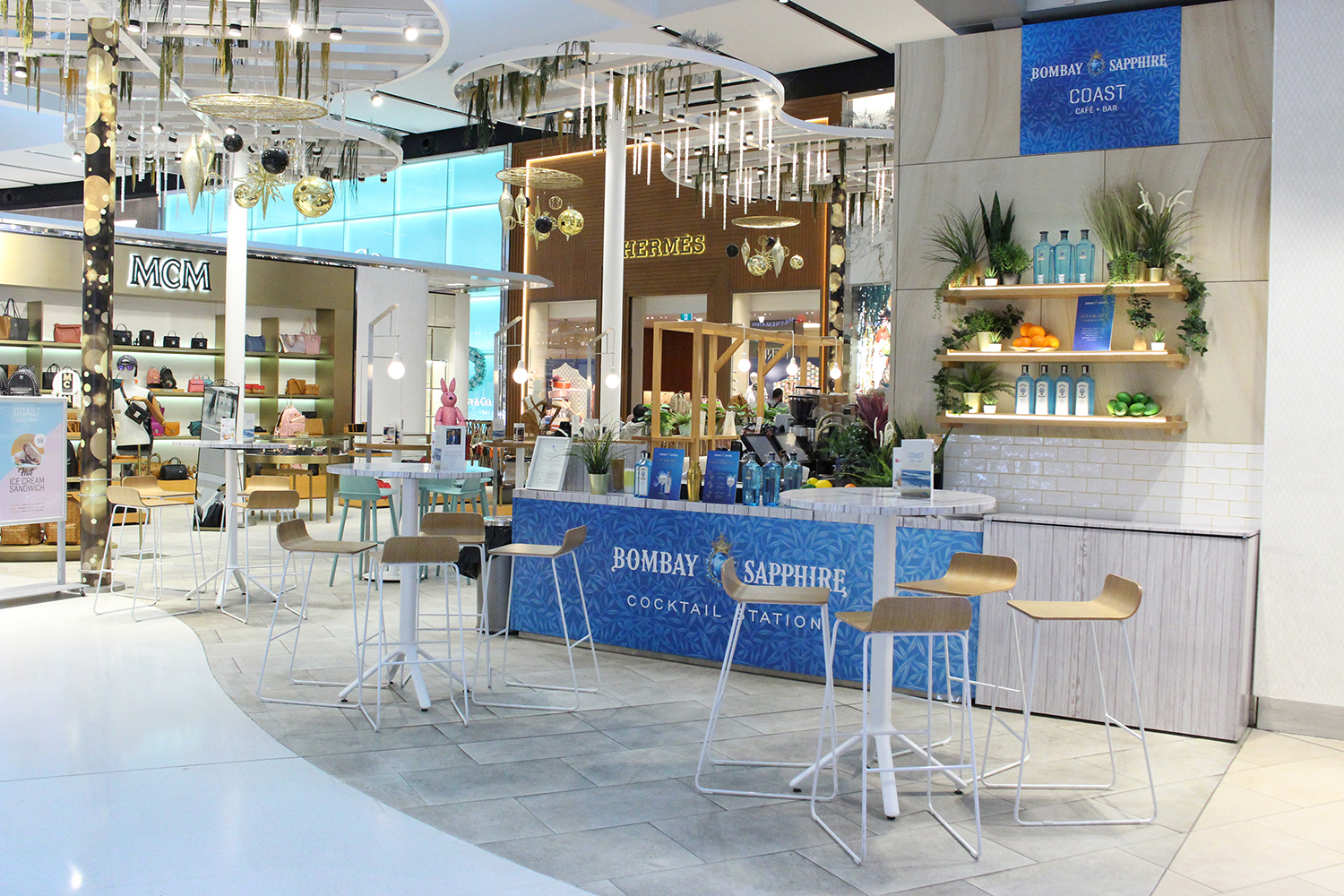
Mahesh Madhavan: I’ve been in a traveling job for the last 25 years. That’s the only thing I’ve done. I pick up a suitcase on a Monday morning and come back on a Friday. Across a lot of geographies and across different airports. And there’s nothing that gives me more satisfaction than seeing the brand show up the way it should show up.
That’s the specialty that Mike and his team brings to this channel – I would say the sense of uniqueness, the sense of pride, the sense of the fact that they believe they own this business. And you can see it in the way our brands show up. As a leader, there’s nothing that gives me more sense of pride than seeing our brands not only selling well but providing an overall experience to consumers that will last a lifetime.
You know, it’s not about just going into a store and buying. When you go and you feel a sense of what the brand stands for, either through a sensory experience or being taken through the history and the provenance of the brand, that remains in your brain for a long time.
Maurice Doyle: In travel retail, especially in emergent markets, we’ve got a great responsibility to be the entry point to our premium brands for our consumers. That’s a really big opportunity and it’s a big focus for Mike and his team.

Mike Birch: We’ve done some background work and found that increasingly our strongest sales growth is from emerging markets than from established market consumers, because of their propensity to spend. That’s a transformation versus what it was a few years ago.

Is this your first time here at the Cannes show, Mahesh?
Mahesh Madhavan: No, it’s the third time. I believe it’s such a great platform to be able to meet customers. And just listen. Ask what’s happening, ask are we doing well? What are the opportunities we are missing? The one question I often ask both the team and customers is what can I do to help you to become more successful? What do you need from us? What do you need from me, from Mike, from Maurice?
And if we have that whole ability to serve our customers and fulfill what they’re looking for, that’s when we will win. That’s always been our mentality.
You’ve talked a lot about the company values. What drives you as a CEO and how would you sum up your style as a leader?

Mahesh Madhavan: I’ve always said that I’ve never felt like a CEO, even in the last year. Although, every time I read the visiting card, it reminds me I am the CEO!
The reason I say that is that nothing has changed between what I did in the last year and what I did in my previous jobs. I’ve always treated this company as though it was my own, really treating my people and my teams with respect, making sure that they succeed first.
It’s not about my success, it’s about their success. I’ve always tried to create and foster a relationship – there is no politics, no bullshit, just one team that is there to take care of each other. And I’ve lived on those values.
I travel a lot, not for anything else but just to listen to people. It’s more to listen to customers, retailers, and my team. Because at the end of the day, they tell me what needs to be done. And we do it. I keep saying, you don’t need to be a rocket scientist to be a CEO. You need commonsense. But sometimes commonsense is missing.
I think you need a lot more than that. You’re a very modest man, Mahesh but the reality is that it does say CEO on your business card. How exciting is that, when you wake up every morning and go to work?
Mahesh Madhavan: It is exciting. I mean, it’s exciting to have the ability to leave a legacy, without having to convince somebody else. Of course, I still have my chairman that I report to, and I have to convince him and the board on several things. But, apart from that, if I sincerely believe that something is right for the company and for the family, for the long-term, I think, “Go ahead and do it, with hand on my heart.”
I think I have the ability today to do that far more easily than perhaps I could have, say, two years back. That’s the only difference, I would say.
I have a great team. I feel really privileged to be able to lead them. And I always feel very grateful for what I have today. I’m not someone who always aspired to be a CEO. I always did my job without really saying, “Oh, I want that next job.” Never did that. So, when this came in a year back, frankly, I was shocked. I mean, I never anticipated this.
“I keep saying, be authentic. If you spot something wrong, tell it to me like it is. Don’t bullshit. The one thing I can’t take is bullshit.” – Mahesh Madhavan
Maurice Doyle: Martin, Mahesh is a man of high integrity. He does what he says. And actually, there aren’t that many leaders like that. He’s somebody who talks about people and values, but actually he does people and values. And I wouldn’t have come back, if it hadn’t been for the fact that he was leading the company. I’ve been fortunate enough to make some great decisions in the past, but none better than coming back, to be part of this culture of evolution.
Mahesh: And it’s the team that’s going to make it happen. You see, as I keep saying, if I have the ability to empower Mike and his team, and they bring magic in travel retail, it’s their success, right? I’m only facilitating and making sure that they don’t have barriers in the way of their success. That’s my job. To make sure that we remove the red tape and the bureaucracy. We make sure that we bring the agility back to the company. We bring transparency.
And I keep saying, be authentic. If you spot something wrong, tell it to me like it is. Don’t bullshit. The one thing I can’t take is bullshit. Tell me as it is, I’m happy to work with you and find a solution.
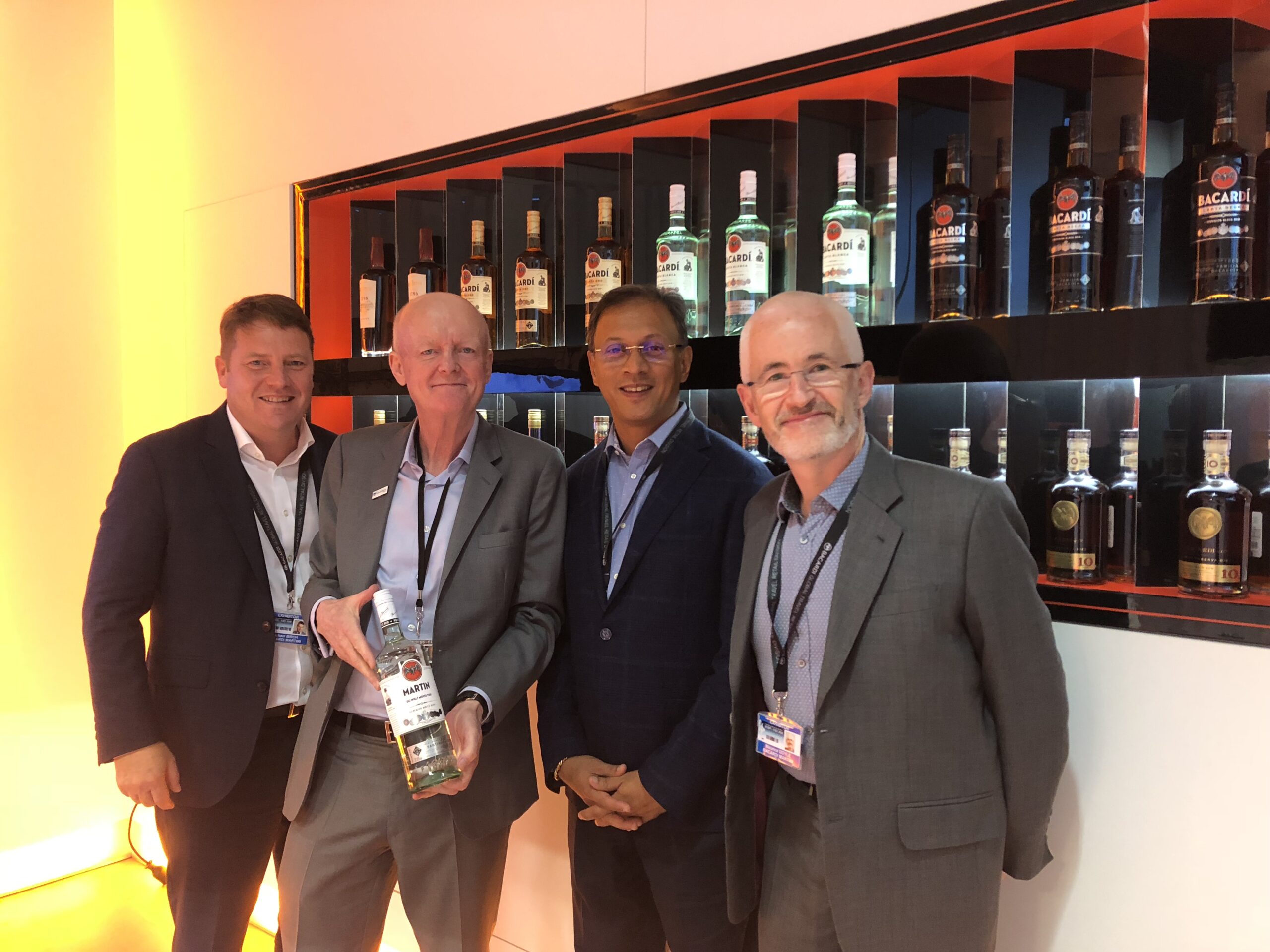
You will never see me trying to be somebody I’m not. And, therefore [since becoming CEO], I don’t see myself having been different to who I was in my previous job. I want people to build, and I want people to be true to what they are. And if I do that, and if I genuinely take care of my teams and our customers, success has to come, right?



